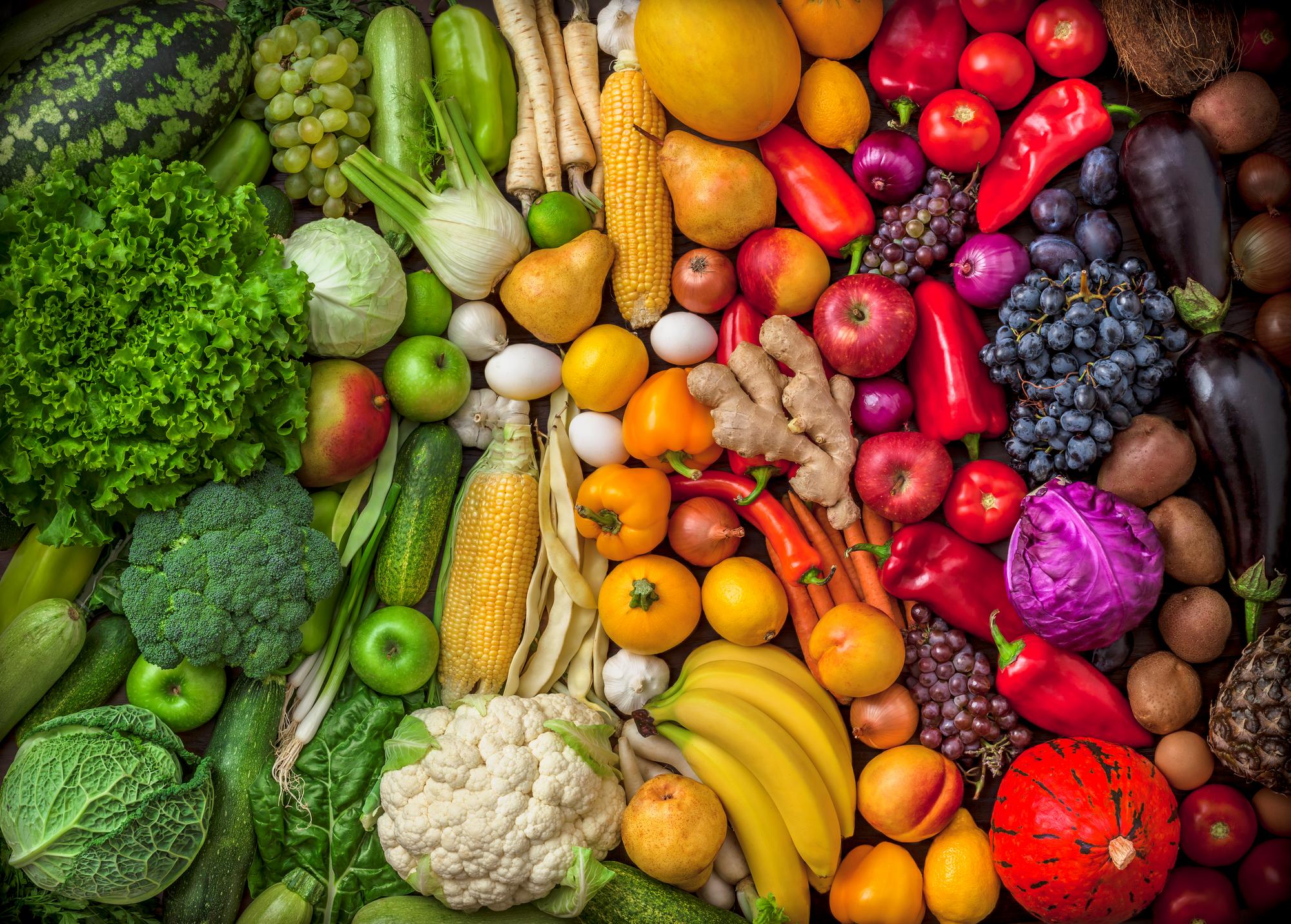EATING HEALTHY TO KEEP HEALTHY SKIN - 1
- August 23, 2019 at 4:52 pm
- Skin Care,Health

There is a multi billion-dollar industry dedicated to products that keep your skin looking its best, and which claim to fight signs of aging. But moisturizers only go skin deep, and aging develops at a deeper, cellular level.
What you eat is as important as the products that you put on your skin. Your diet could improve your skin health from the inside out, so a clear complexion begins with eating a healthful diet. Our team of doctors are highly trained with specialized qualifications.
With extensive experience, our team can provide you with the most advanced and effective aesthetic procedures available today.We take time to listen to our patients needs and really get to know them so that we can design a highly customized and effective treatment plans.
Eat a healthful diet Skin-healthy food
Here are some foods that have been acknowledged by research as being skin-healthy.
1. Mangoes contain compounds with antioxidant properties. These compounds help to protect components of the skin, such as collagen.
2. Tomatoes have skin cancer-prevention benefits. One study in mice revealed that daily tomato consumption decreased the development of skin cancer tumors by 50 percent after UV light exposure.
3. Olive oil is associated with a lower risk of severe facial photoaging — that is, cumulative damage to the skin that includes wrinkles, dark spots, and discoloration, which result from long-term sunlight exposure.
4. Cocoa flavanols found in dark chocolate may improve the structure and function of skin. Scientists discovered that cocoa flavanols decreased roughness and scaling on skin, increased skin hydration, and helped to support the skin's defences against damage from UV rays.
5. Green tea has been tied to many skin benefits. Compounds found in green tea called polyphenols rejuvenate dying skin cells, which suggests that they may be useful for healing wounds or certain skin conditions. It has shown promising results as a potential treatment for skin conditions such as psoriasis and dandruff. Patches of dry, flaky, and red skin often feature in these conditions — usually as a result of inflammation and the overproduction of skin cells. Green tea may slow down the production of skin cells and suppress inflammation.
6. White tea has anti-cancer and anti-aging properties. One study indicates that some ingredients in white tea may protect the skin from oxidative stress and immune cell damage.
7. Kale is one of the best sources of lutein and zeaxanthin. Lutein and zeaxanthin may protect against light-induced skin damage, especially from UV rays.
8. Omega-3 found in oily fish, walnuts, and pumpkin seeds or oils such as linseed oil and corn oil may prevent dryness and scaling of the skin.
9. Soy may help to improve crow's feet skin wrinkles that appear at the outer corner of the eyes in menopausal women.
Calorie restriction diet
Research has demonstrated in mice that reducing calorie intake slows down the cellular aging process. This finding could prove to be an anti-aging strategy to test in humans in the future.
Scientists found that reducing the number of calories consumed by 35 percent had an impact on aging inside a cell. Cutting calories caused the cell's protein makers, called ribosomes, to slow down, and the aging process also to decelerate.
This decreased speed not only lowered the production of ribosomes, but it also gave them time to repair themselves and keep the entire body functioning well.
Other early research has shown that allantoin — a compound found in many anti-aging face creams — mimics the effect of calorie restriction diets and increases lifespan by more than 20 percent. The elixir of life could be hiding in your bathroom cabinet.
Unfortunately, this research has so far only been conducted in worms. It may, however, eventually pave the way for new longevity pathways to explore in humans.
Alcohol
Cutting your intake of alcohol could lower your risk of developing non-melanoma skin cancers. Research uncovered that higher alcohol intake was associated with a higher risk of developing basal cell carcinoma and cutaneous squamous cell carcinoma.
Researchers discovered that for each 10-gram increase in consumption of alcohol per day, the risk of basal cell carcinoma rose by 7 percent and the risk of cutaneous squamous cell carcinoma rose by 11 percent. Keeping your skin healthy and young does not necessarily mean breaking the bank by purchasing expensive creams and lotions; by following these simple steps, you can make dull and lifeless skin glow.
Author Details

I am a professional blogger interested in everything taking place in cyberspace. I am running this website and try my best to make it a better place to visit. I post only the articles that are related to the topic and thoroughly analyze all visitors’ requests to cater to their needs better.
Most Popular Posts

- October 26, 2018
- Botox
5 REASONS TO CONSIDER BOTOX INJECTIONS TO IMPROVE YOUR FACIAL
APPEAR
